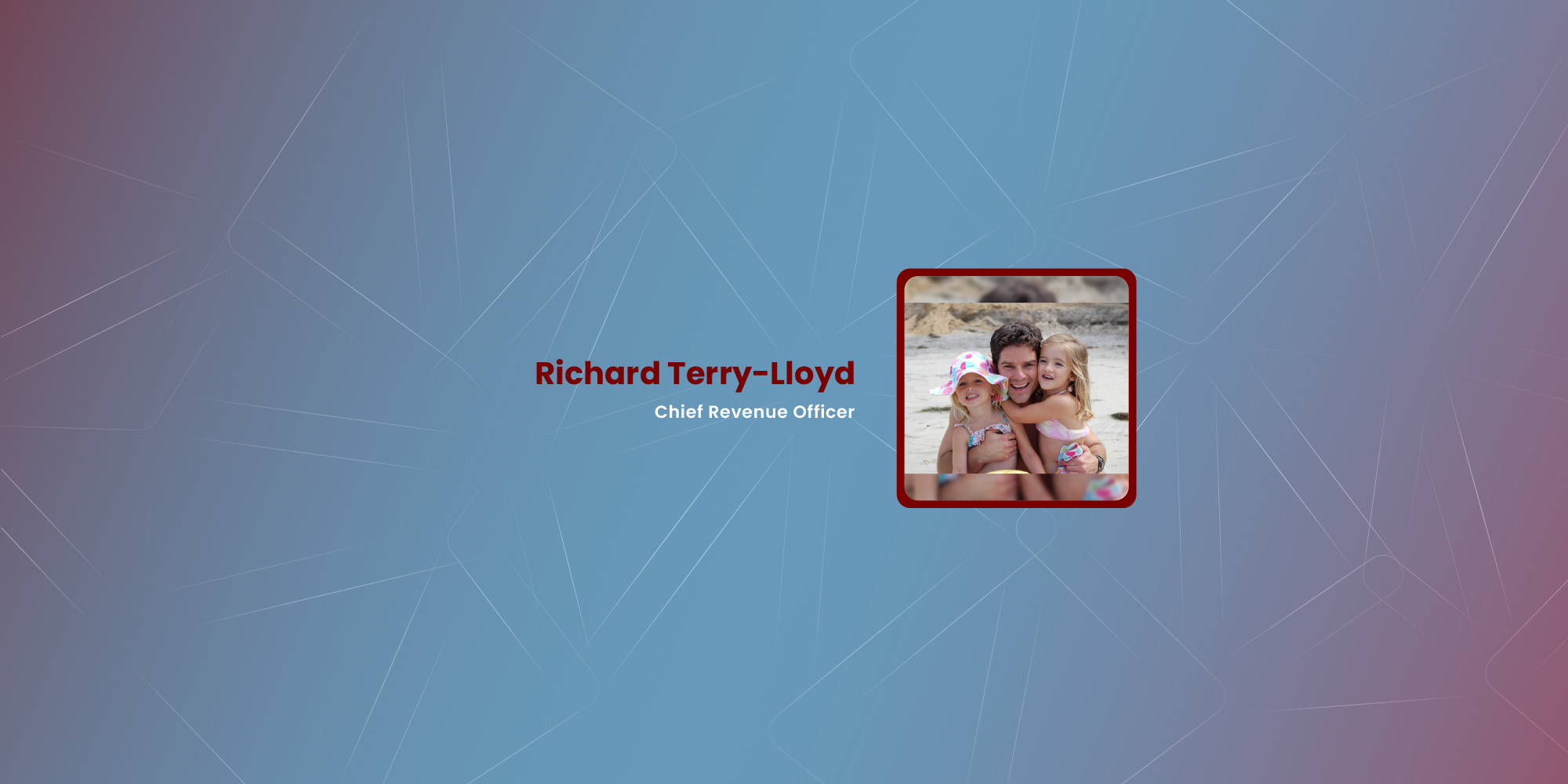
In today’s competitive business environment, the importance of a strong and collaborative culture cannot be overstated. A positive workplace culture fosters teamwork, boosts morale, enhances productivity, and drives success. However, building such a culture requires intentional effort, strategic planning, and a genuine commitment from leadership. This article explores the essential elements and actionable steps to cultivate a strong, collaborative workplace culture.
Understanding Workplace Culture
Workplace culture is the shared values, beliefs, behaviors, and practices that characterize an organization. It influences how employees interact with each other and with external stakeholders. A strong culture aligns with the company’s mission and vision, promoting a sense of belonging and purpose among employees. Collaborative culture, a subset of this, emphasizes teamwork, open communication, and mutual respect, creating an environment where employees feel valued and are motivated to contribute their best.
The Role of Leadership
Effective leadership is the cornerstone of a strong and collaborative culture. Leaders set the tone for the organization by modeling the behaviors and attitudes they wish to see in their teams. They must be approachable, transparent, and consistent in their actions. A leader who values collaboration will actively encourage it, providing opportunities for team-building and cross-functional projects.
Actionable Steps for Leaders:
Lead by Example: Demonstrate collaborative behavior by working closely with your team, showing respect, and valuing diverse perspectives.
Communicate Vision and Values: Clearly articulate the organization’s vision, values, and goals. Ensure that all employees understand and are aligned with them.
Provide Support and Resources: Offer the necessary tools, training, and resources that enable teams to work effectively together.
Creating a Safe and Inclusive Environment
A strong culture is built on trust and respect. Employees must feel safe to express their ideas and opinions without fear of retribution. Inclusivity ensures that every team member, regardless of background or position, has an equal opportunity to contribute and succeed.
Actionable Steps for Inclusivity:
Promote Open Communication: Encourage open dialogue through regular meetings, feedback sessions, and an open-door policy. Listen actively to employees’ concerns and suggestions.
Celebrate Diversity: Recognize and celebrate each team member’s unique backgrounds, skills, and experiences. Implement policies that promote diversity and inclusion.
Address Conflict Promptly: Handle conflicts swiftly and fairly, ensuring that all parties are heard and respected.
Encouraging Collaboration
Collaboration thrives in an environment where teamwork is encouraged and ingrained in the organizational fabric. This involves creating opportunities for team members to collaborate on projects, share knowledge, and support each other’s growth.
Actionable Steps for Collaboration:
Team-Building Activities: Organize regular team-building activities that foster trust, communication, and camaraderie.
Collaborative Tools and Technologies: Invest in collaborative tools and platforms that facilitate communication and project management, such as Slack, Trello, or Microsoft Teams.
Cross-Functional Projects: Encourage teams to work on projects requiring multiple departments’ input and expertise, promoting interdepartmental collaboration.
Recognizing and Rewarding Contributions
Recognition and rewards play a crucial role in maintaining a positive culture. Employees who feel appreciated and valued are likelier to be engaged and motivated.
Actionable Steps for Recognition:
Celebrate Achievements: Regularly recognize and celebrate individual and team achievements. This can be through formal awards, shout-outs during meetings, or simple thank-you notes.
Provide Growth Opportunities: Offer opportunities for professional development, such as training programs, workshops, and mentorship.
Incentivize Collaboration: Implement reward systems that incentivize collaborative behavior, such as team bonuses or recognition awards for outstanding teamwork.
Continuous Improvement
A strong and collaborative culture is dynamic; it requires continuous effort and improvement. Regularly assess the organizational culture through surveys, feedback, and performance metrics. Use this data to identify areas for improvement and implement changes as needed.
Actionable Steps for Continuous Improvement:
Conduct Regular Surveys: Use anonymous surveys to gather honest employee feedback about the workplace culture and areas for improvement.
Hold Regular Reviews: Schedule regular reviews to assess cultural initiatives’ effectiveness and make necessary adjustments.
Encourage Feedback: Create channels for ongoing feedback, ensuring employees feel heard and their input is valued.
Building a strong and collaborative culture is an ongoing journey that demands dedication and intentionality from everyone in the organization, particularly its leaders. By fostering an environment of trust, inclusivity, and mutual respect and providing the tools and opportunities for collaboration, organizations can create a workplace where employees feel valued and motivated to contribute their best. Recognizing and rewarding contributions and continuously seeking improvement will ensure the culture remains vibrant and aligned with the organization’s goals. A strong and collaborative culture is the foundation of a thriving organization.